Mariana Macedo
Measuring and Controlling Divisiveness in Rank Aggregation
Jun 14, 2023
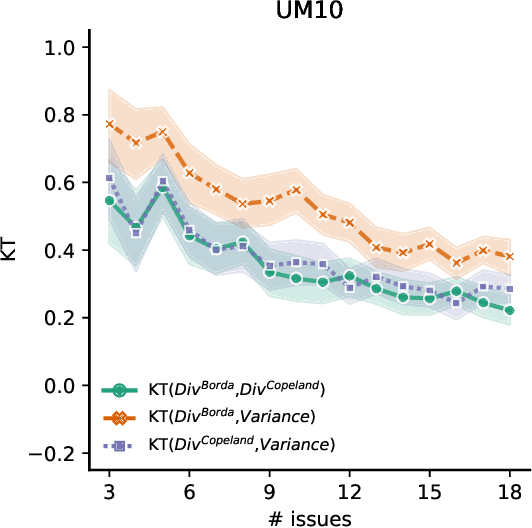
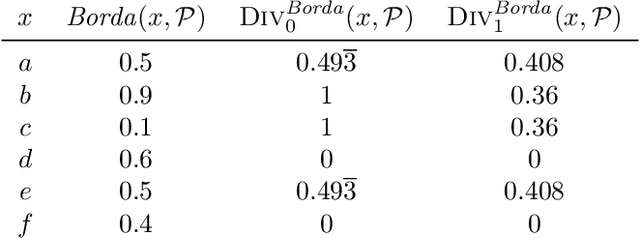
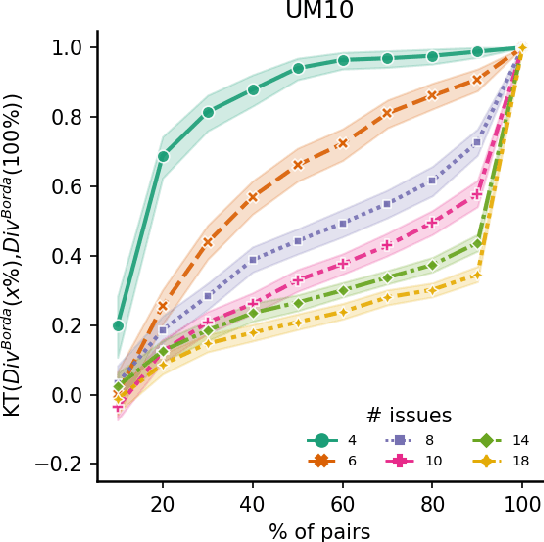
Abstract:In rank aggregation, members of a population rank issues to decide which are collectively preferred. We focus instead on identifying divisive issues that express disagreements among the preferences of individuals. We analyse the properties of our divisiveness measures and their relation to existing notions of polarisation. We also study their robustness under incomplete preferences and algorithms for control and manipulation of divisiveness. Our results advance our understanding of how to quantify disagreements in collective decision-making.
Characterizing the Social Interactions in the Artificial Bee Colony Algorithm
Apr 08, 2019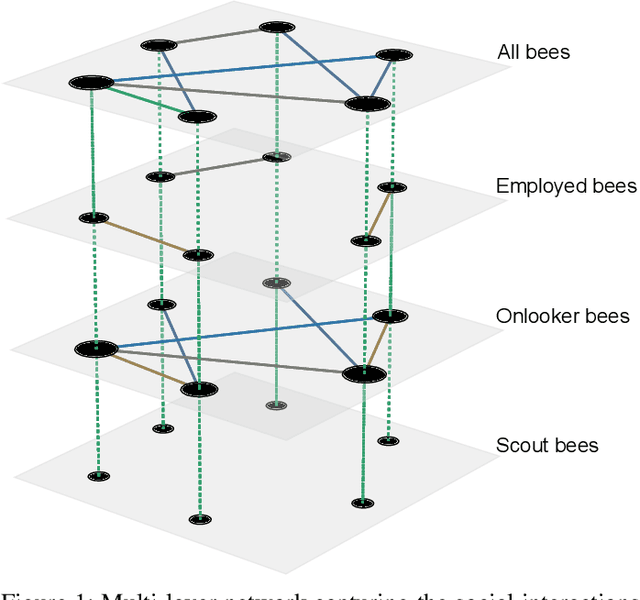


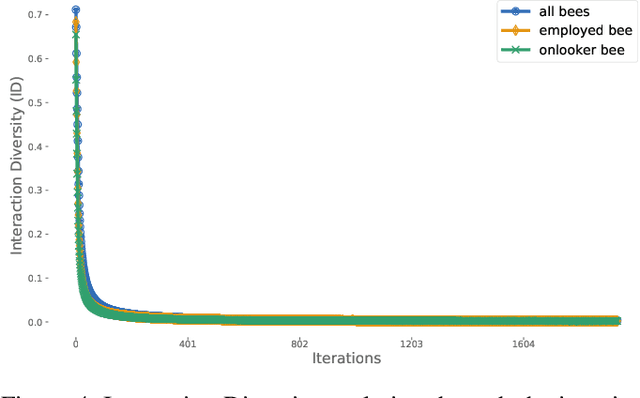
Abstract:Computational swarm intelligence consists of multiple artificial simple agents exchanging information while exploring a search space. Despite a rich literature in the field, with works improving old approaches and proposing new ones, the mechanism by which complex behavior emerges in these systems is still not well understood. This literature gap hinders the researchers' ability to deal with known problems in swarms intelligence such as premature convergence, and the balance of coordination and diversity among agents. Recent advances in the literature, however, have proposed to study these systems via the network that emerges from the social interactions within the swarm (i.e., the interaction network). In our work, we propose a definition of the interaction network for the Artificial Bee Colony (ABC) algorithm. With our approach, we captured striking idiosyncrasies of the algorithm. We uncovered the different patterns of social interactions that emerge from each type of bee, revealing the importance of the bees variations throughout the iterations of the algorithm. We found that ABC exhibits a dynamic information flow through the use of different bees but lacks continuous coordination between the agents.
Unveiling Swarm Intelligence with Network Science$-$the Metaphor Explained
Nov 08, 2018
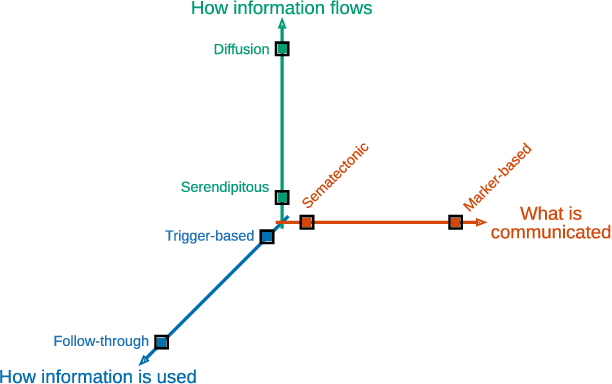

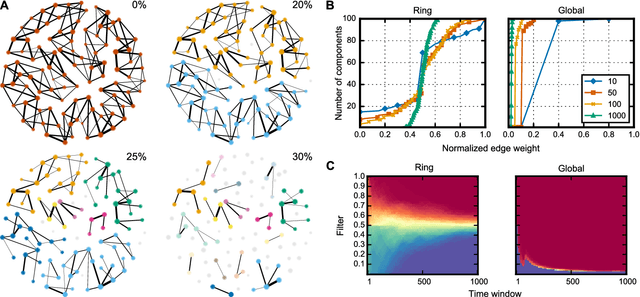
Abstract:Self-organization is a natural phenomenon that emerges in systems with a large number of interacting components. Self-organized systems show robustness, scalability, and flexibility, which are essential properties when handling real-world problems. Swarm intelligence seeks to design nature-inspired algorithms with a high degree of self-organization. Yet, we do not know why swarm-based algorithms work well and neither we can compare the different approaches in the literature. The lack of a common framework capable of characterizing these several swarm-based algorithms, transcending their particularities, has led to a stream of publications inspired by different aspects of nature without much regard as to whether they are similar to already existing approaches. We address this gap by introducing a network-based framework$-$the interaction network$-$to examine computational swarm-based systems via the optics of social dynamics. We discuss the social dimension of several swarm classes and provide a case study of the Particle Swarm Optimization. The interaction network enables a better understanding of the plethora of approaches currently available by looking at them from a general perspective focusing on the structure of the social interactions.
 Add to Chrome
Add to Chrome Add to Firefox
Add to Firefox Add to Edge
Add to Edge